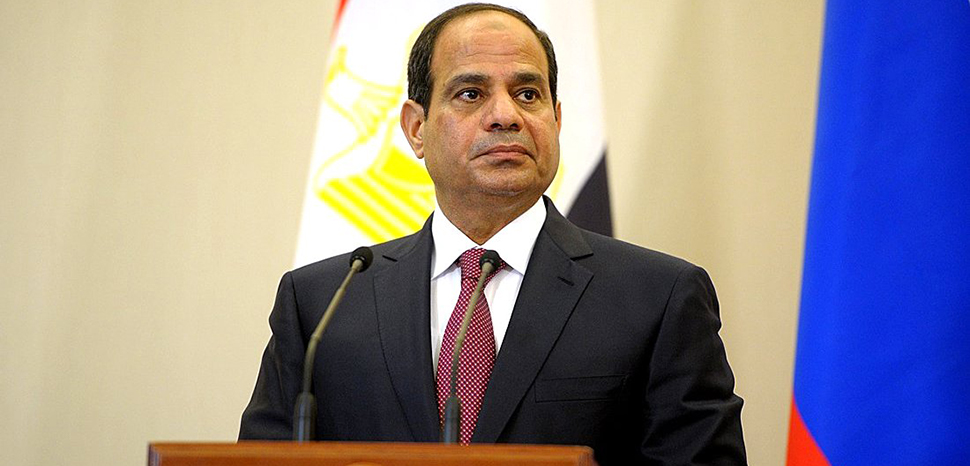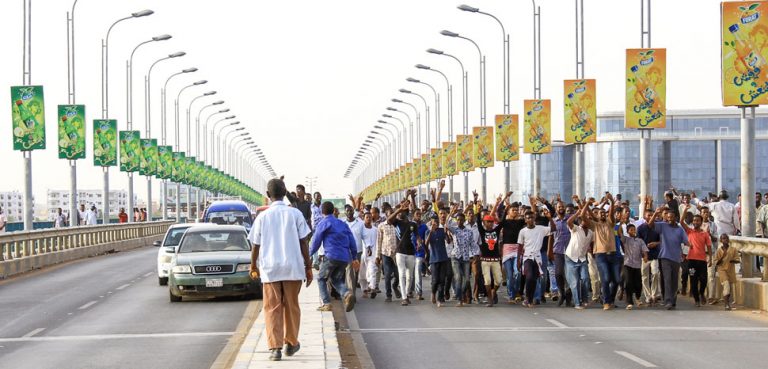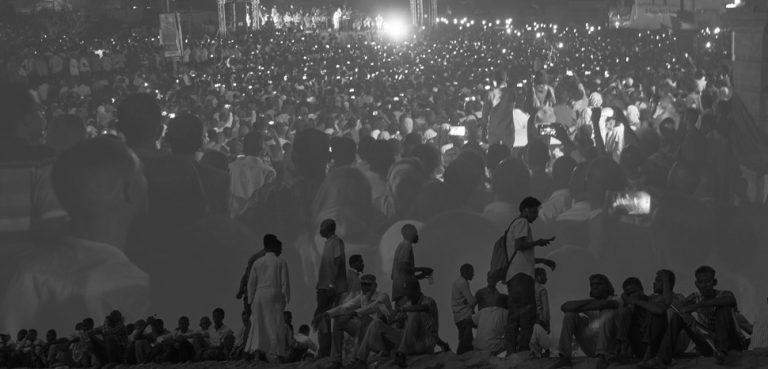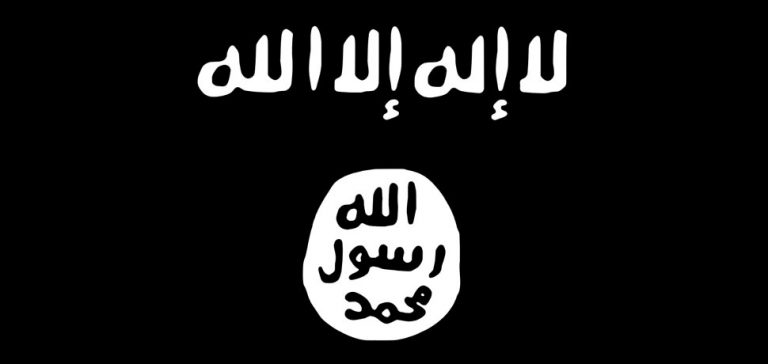Sudan has always been viewed by Egypt as strategic depth that is crucial for its national security; thus, the ongoing and rapidly developing crisis in Sudan undoubtedly presents the Egyptian administration with a set of complex and unique challenges. These challenges stem from the economy-related internal situation in Egypt, in parallel to external factors related to its foreign policy and strategic interests which can, at times, be opposed to regional Arab and Western allies’ interests. The latter was apparent over the past decade with regards to how Egypt approached the files of Libya, Syria, Yemen, and Gaza. However, the situation in Sudan is like no other. In Sudan, the conflict is between two heavily armed sides, the Rapid Support Forces (RSF) and the Sudan’s Armed Forces (SAF), where both are roughly the same size in terms of fighting manpower. Yet the RSF’s history appears to be full of human rights abuses across Sudan and the paramilitary force that was originally created by the Sudanese government to counter national threats is now a regional major threat itself.
While the situation in Sudan is already starting to have spillover effects on neighbouring countries such as Chad, Central African Republic, and Eretria because of the massive influx of migrants, the threat to Egypt is much worse. Before the fighting, Egypt has been already the home for more than five million Sudanese people, representing more than 10% of Sudan’s population. Not to mention the number of Palestinian, Libyan, and Syrian refugees and immigrants who have found their way to Egypt since 2012. Yet with the ongoing and developing crisis in Sudan, Egypt is bracing for greater refugee influx – border crossing and smuggling – along with fear of lacking the capacity to absorb these refugees. That said, reports show that trafficking groups are taking advantage of the situation and becoming increasingly active along the Sudanese-Egyptian borders, thus increasing the risks associated with terrorism and extremist groups infiltration. Such risks have further been amplified by the RSF’s attempt to open Sudan’s prisons, letting all prisoners and criminals loose to divert the attention of the SAF and destabilize the country further. In this respect, Egypt suffered over the past decade from events along its western border with Libya and eastern border with Gaza, which resulted in in terrorist groups infiltrating the borders and executing terrorist attacks in Egypt. This episode clearly indicates why Egypt would not allow the same to happen again from its southern border.
Another security threat to Egypt stems from Sudan’s strategic depth, corresponding to any military action by Egypt toward Ethiopia should the latter continue to pose a national security threat to Egypt’s water share from the Nile River through the al-Nahda Dam. In this respect, it is worth noting that Sudan’s RSF maintains close ties with the Ethiopian leadership, which is not in the best interests of Egypt. On the economical side, Sudan is also a regional trade partner to Egypt where annual trade exchange between the two nations amounts to almost $1 billion, along with Sudan being a strategic source of livestock to Egypt. Furthermore, Egypt has strategic agricultural and animal production investment plans in Sudan. In this regard, it is believed that more than 90% of Sudan’s land is arable, something that Egypt has long sought to take advantage of in terms of strategically achieving food security on the long term while also exporting globally. However, with the developing conflict in Sudan, such plans will not move forward anytime soon.
When and how the Egypt militarily will step in the conflict remains unclear. However, indications suggest that an Egyptian military intervention in Sudan is not farfetched should the situation continue to deteriorate, especially given that the real confrontation between the RSF and SAF is expected to unfold after most of the current evacuations of foreigners is approaching completion Firstly, the Egyptian military and intelligence apparatus already have a strong presence in Sudan and have supported the SAF over the past few years. In addition, the Egyptian and Sudanese army have regularly conducted joint exercises. This has been further cemented as a result of the al-Nahda dam construction by Ethiopia, which poses a serious threat to Egypt. In absence of a “friendly” or supportive force in Sudan, Egypt may be faced with no other option other than countering national security threats via its own military force. Units from the Egyptian Special Forces and General Intelligence Service (GIS) are present in Sudan’s capital, so far only for coordinating the protection and safe evacuation of Egyptians in Sudan, who are believed to number close to 10,000. But no one can predict the extent to which the operation of Egyptian forces will remain limited to ensuring the safe evacuation of Egyptian citizens.
Secondly, it has been reported that Libya’s Khalifa Haftar, whom Egypt have strongly supported in his attempt to consolidate control over eastern Libya, has received firm warning from Egypt not to support the RSF, thus clearly showing Egypt’s decisive attitude towards a Libyan ally over a more perceived significant threat – the RSF in Sudan. The triangle between Egypt, Libya, and Sudan can be a complex one given that both Libya’s Haftar and Sudan’s RSF leader Hemedti employ the same approach to appealing to the West by portraying themselves as fighters against domestic extremism. Another common aspect between Libya’s Haftar and Sudan’s Hemedti is that both have strong ties with Russia’s Wagner Group, where the latter is involved in protecting RSF gold-controlled mines in Sudan as well as fighting for Haftar in Libya over the past few years. That said, Russia’ foreign minister stated in a United Nations news conference that Sudan has the right to use Wagner group’s services, though without clearly indicating which side of the conflict these services would be used for. Thus, Egypt is put in the position of having to domestically deal with a foreign group that is closely linked to the Russian administration, which Egypt maintains close ties with, yet one that still poses a serious threat to Egypt security. This is especially true in light of reports on Wagner group’s offering advanced missiles and arms to the RSF, which is something that Egypt will probably not tolerate.
Thirdly, the killing of an Egyptian embassy staff and diplomat by the RSF puts more pressure from the domestic public on the Egyptian administration in terms of the need to react. It can be argued that there are two motives for the killing an Egyptian diplomat: it can represent a clear message from the RSF to Egypt to stay away from the intervention or alternatively there is a party that actually wants to force Egypt to get involved in the conflict on a full military scale. Regardless of the actual motive, it can be deduced that the incident will likely have an impact on Egypt’s foreign policy towards regional allies in terms of how Egypt may respond in Sudan. Although in the official announcement by Egypt’s Foreign Affairs Ministry it was not mentioned who was behind the incident, the RSF are more likely to have committed such an act. Especially given that over the last two weeks, RSF militias have committed similar assaults against Western diplomatic missions in Sudan, including opening fire on a French convoy during evacuation attempts, which prompted to the US Secretary of State, Antony Blinken to phone the RSF leader. However, continuing with its hostile actions, recent reports showed that the RSF tried to shoot at a Turkish evacuation airplane. In this regard, and reflecting upon Egypt’s position on regional conflicts over the past two decades including those in Libya, Syria, Yemen, Iraq, Yemen, and Palestine, it is worth to indicate that Egypt has always taken the side of nationally organized armies, and not militias. This further suggests that it is highly unlikely that Egypt will support the RSF as a controlling power at its southern border.
Fourthly, World Health Organization (WHO) officials state that one of Sudan’s national health labs holding biological materials, including cholera pathogens, had been seized by one of the sides in the ongoing conflict. This not only poses a huge biological risk to Sudan, but to neighbouring countries and the international community should ensure that the pathogens are recovered and don’t fall into the hands of terrorist groups. Although the conflict in Sudan broke out only two weeks ago, the pace of developments is rapid, hence putting unprecedent pressure on neighbouring countries. Saudi Arabia and Israel have both offered to host mutual meeting between the RSF and SAF leadership in attempt to deescalate the conflict. Provided that one or both of these joint meetings actually take place, the main question is whether the talks will bring any implementable agreement between the two sides. One can argue that the leaders of the SAF and RSF by now know each other’s true intentions and there might be no way for both to settle until one side achieves decisive control over Sudan.
The overarching question of whether the rapidly developing conflict in Sudan can be brought to an end by peaceful negotiations or not is difficult to predict. Nevertheless, the deteriorating situation brings a set of serious threats and risks to Egypt which may oblige Cairo to intervene militarily or at least provide full support and backup to Sudan’s SAF. Despite this challenging decision, the situation can still be a golden opportunity for Egypt to realign its interests and foreign policy with global powers. For instance, on one hand Egypt is clearly in favour of supporting the SAF. On the other hand, the United States (US) has traditionally valued civilian and democratic ruling, which the SAF’s leader, general al-Burhan, apparently intended to pursue by handing the rulership of Sudan to civilians under an agreed timeframe – one of the reasons for the dispute with the RSF in the first place. Therefore, the US and Egypt have a clear opportunity to enhance bilateral relations and reinforce strategic cooperation over Sudan after years of diversion between both sides on regional issues. This will not only benefit the overall security and stability in Sudan as well as enhance cooperation between the US and Egypt, but also help in balancing of global powers in Middle East’s in times where some of the GCC countries are looking toward China as well as indirectly supporting Russia. Otherwise, in context of the regional political engagements and recent developments, the Egyptian administration may view the alignment of its the strategic interests with Russia over the Sudan crisis.




